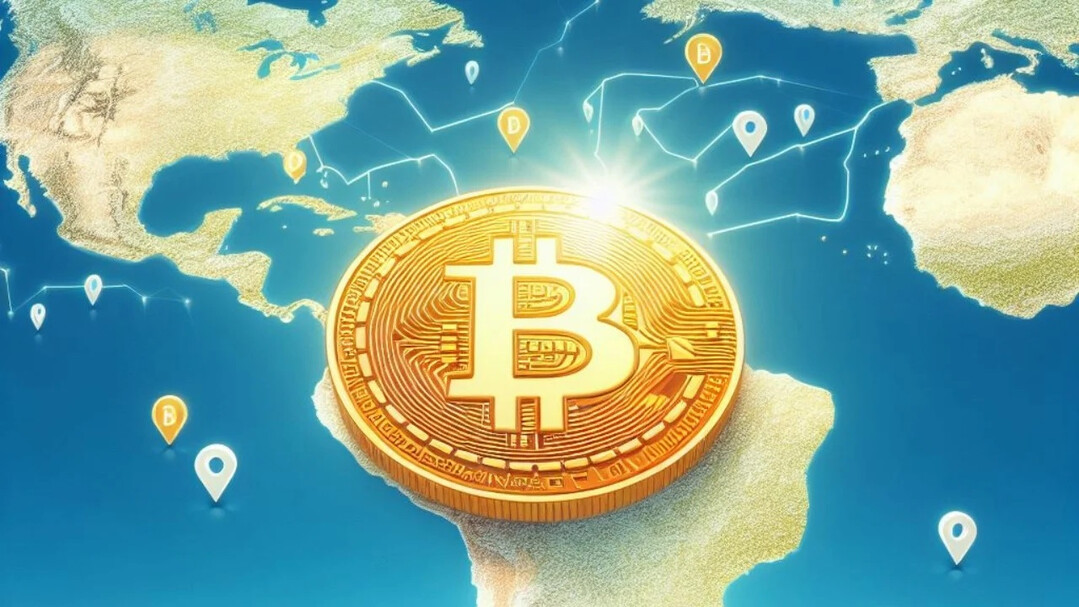
Attention is being drawn to the fact that Central American country El Salvador and South American country Paraguay have signed a memorandum of understanding (MOU) to strengthen cooperation in the field of digital asset regulation. El Salvador's National Digital Assets Commission (CNAD) and Paraguay's Secretariat for the Prevention of Money Laundering and Asset Forfeiture (SEPRELAD) recently signed an MOU with the main content of cooperation on digital asset regulation.
While this may appear to be positive cooperation on the surface, questions are being raised about the effectiveness of this partnership due to the stark differences in the two countries' stances on cryptocurrencies.
Sharp Differences in Stance, What's the Inside Story of the 'Awkward Alliance'?
Under the leadership of President Nayib Bukele, El Salvador became the first country in the world to adopt Bitcoin as legal tender 1 in 2021, demonstrating the most proactive approach to cryptocurrency adoption. Despite public opposition, the government has continued to purchase Bitcoin to secure national reserves.
On the other hand, Paraguay has maintained a very cautious stance. While it is an attractive country for Bitcoin miners due to its cheap electricity, the Central Bank of Paraguay still does not recognize Bitcoin as legal tender. Just two weeks ago, the central bank reminded citizens that digital assets are not guaranteed by the state and should only be traded within the regulated financial system.
Given such fundamental differences in their views on cryptocurrencies, it is natural to question how the two countries can cooperate on digital asset regulation.
The Core of Cooperation: 'Information Sharing and Regulatory Coordination'
The core content of this MOU lies in information sharing and regulatory coordination. Specifically, both countries have set the following goals:
Strengthening cooperation in cryptocurrency supervision between El Salvador and Paraguay.
Exchanging knowledge related to digital asset supervision.
Preventing regulatory loopholes that Virtual Asset Service Providers (VASPs) could exploit.
Juan Carlos Reyes, President of El Salvador's CNAD, emphasized that this cooperation aims to strengthen international solidarity and ensure financial soundness in a borderless economic environment. He stated, "This agreement not only promotes innovation but also ensures financial soundness in a borderless economy."
However, the practical question remains: Will Paraguay, through this cooperation, become more actively accepting of cryptocurrencies, or will it remain a simple exchange of knowledge with minimal real impact?
Trend of 'Cryptocurrency Cooperation' in the Latin American Region
Interestingly, this is not El Salvador's first cryptocurrency-related partnership. In December 2024, it signed a similar agreement with Argentina's National Securities Commission (CNV).
Argentina ranked among the top 20 countries globally in cryptocurrency adoption rates last year, following Brazil, Venezuela, and Mexico. Unlike Paraguay, Argentina is already deeply involved in the digital asset sector, so the partnership at that time was received relatively naturally.
Some observers speculate that Paraguay may gradually ease its stance on digital assets, following Argentina's precedent. However, others predict that it will continue to "walk a tightrope," opening its doors to cryptocurrency mining but remaining cautious about widespread adoption.
Future Outlook: Paraguay's Choice?
The cooperation between El Salvador and Paraguay can proceed in two directions:
Expansion of Cryptocurrency Regulatory Acceptance in Paraguay: This could serve as a stepping stone for Paraguay to seek a more open cryptocurrency regulatory framework in response to the increasing demand for digital assets and blockchain innovation.
Symbolic Agreement, Minimal Practical Impact: Considering Paraguay's current stance of viewing Bitcoin as a mere speculative asset, the possibility of this remaining a formal cooperation without substantial changes cannot be ruled out.
Regardless of the direction, it is clear that the cryptocurrency landscape in Latin America is rapidly changing. Whether Paraguay joins this trend or maintains its cautious approach will determine a more complex and interesting digital asset regulatory map in the region.
[Copyright (c) Global Economic Times. All Rights Reserved.]






























